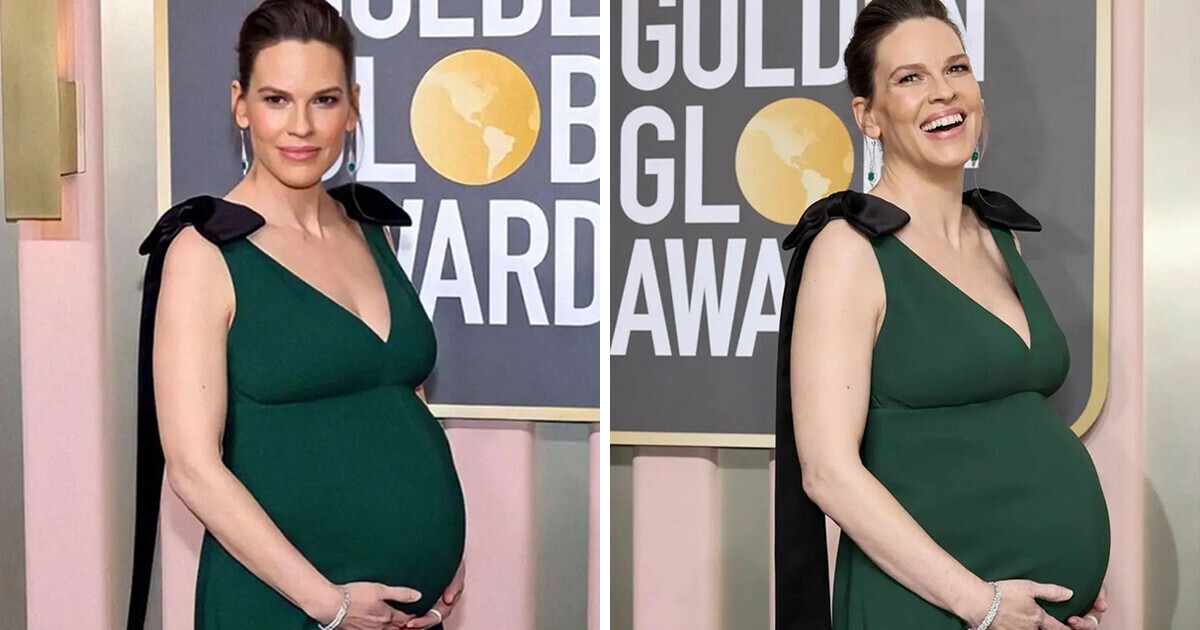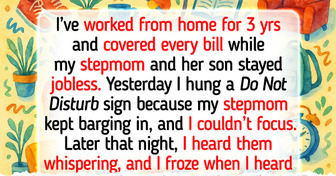A Pregnant Woman Ruined My Birthday Party, but I Got My Revenge


People tend to judge women who become moms later in life. But recent studies have shown that women who give birth in their 40s are more likely to live to 100. Turns out, there’s a clear link between taking your time to become a parent and longevity, and medical experts are breaking down the details.
Women who can naturally have children later in life tend to live longer, and the genetic factors enabling this might also contribute to exceptional longevity. Numerous studies have identified a link between the age of a woman at the birth of her last child and her likelihood of living an exceptionally long life. Research indicates that women who gave birth after the age of 40 were four times more likely to reach 100 compared to those who had their last child at a younger age.
Women who give birth between the ages of 30 and 40 also have a higher likelihood of living longer. Research has shown that women who have children after the age of 33 tend to live longer than those who have their last child before the age of 30. However, researchers do not advise women to delay childbirth solely to increase their chances of longevity.
They suggest that the age at which a woman has her last child can serve as an indicator of her overall aging rate. The natural ability to conceive at an older age likely signifies that a woman’s reproductive system is aging more slowly, which may reflect a slower aging process for her entire body.
The study used data from the Long Life Family Study, which looks at biological, psychological, and genetic factors in 551 families known for having many members who live a long time. Researchers looked at when 462 women had their last child and how long they lived afterward. They found that women who had their last child after age 33 were twice as likely to live to 95 years or older compared to those who had their last child by age 29.
The findings also suggest that women may play a significant role in developing genetic traits that slow down aging and lower the risk of age-related diseases. This could contribute to longer lifespans in people who live to extremely old ages.
Many studies highlight the benefits of becoming a parent later in life. Today, older mothers tend to be more educated and have smaller families. This is a departure from the past, when older mothers typically had lower education levels and larger families. As a result, children born to older mothers now tend to have better outcomes compared to those born to younger mothers in the past.
Research also shows that older mothers often feel happier around and after childbirth, while younger mothers may not experience or quickly lose this happiness.
It’s also possible that pregnancies later in life help protect against cognitive decline. Researchers discovered that women tend to have better brain function if they had their last baby after the age of 35. The study examined the pregnancy histories of 830 women aged 41 to 92. Their findings strongly support a link between having a child at an older age and maintaining cognitive abilities later in life.
Starting a family later in life may seem challenging, but it has its benefits. With a solid career and clearer personal goals, people are often better prepared for the ups and downs of parenting. Those featured in this article are determined not to let age stop them from starting or expanding their families. They shared why having children after 40 can be as fulfilling, if not more so, than in their twenties.











